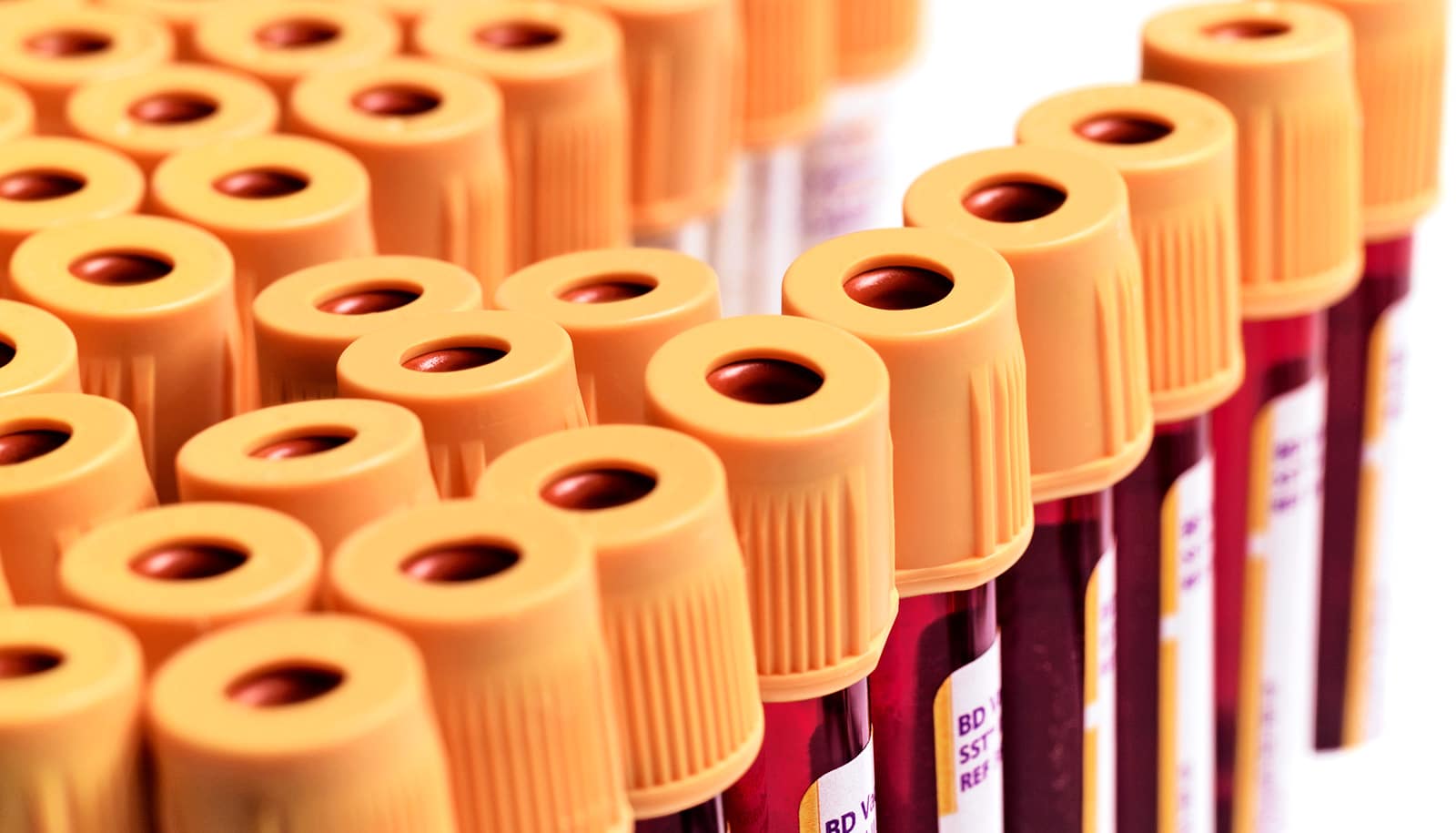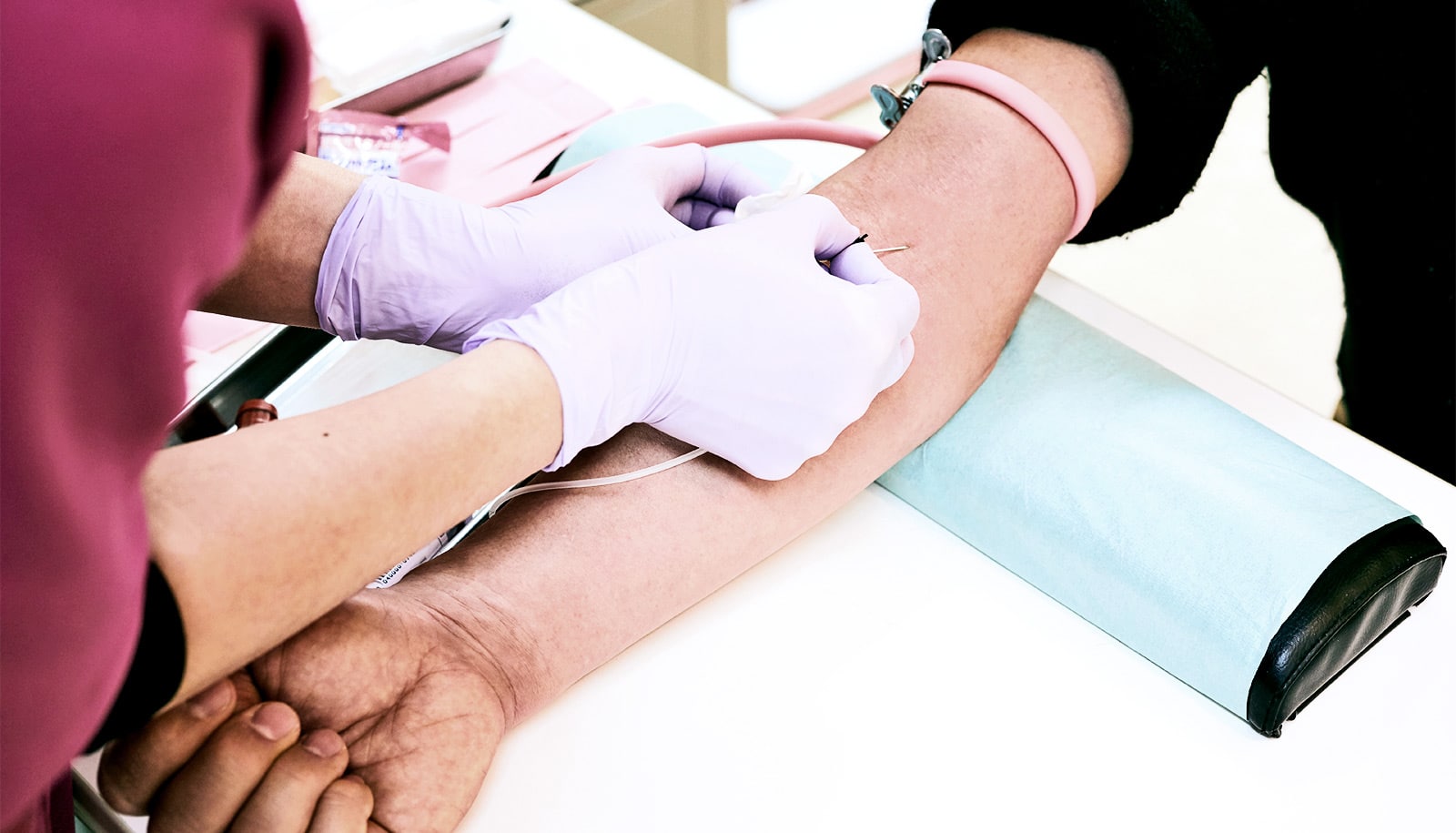A new device can rapidly detect harmful bacteria in blood to pinpoint the cause of potentially deadly infections and fight them with drugs, according to a new study.
“The rapid identification of drug-resistant bacteria allows health care providers to prescribe the right drugs, boosting the chances of survival,” says coauthor Ruo-Qian (Roger) Wang, an assistant professor in the civil and environmental engineering department in the School of Engineering at Rutgers University–New Brunswick.
Drug-resistant bacteria, or superbugs, are a major public health concern. Globally, at least 700,000 people die each year as a result of drug-resistant infections, including 230,000 deaths from multidrug-resistant tuberculosis. That number could soar to 10 million deaths a year by 2050 if no action is taken, according to a 2019 report from the World Health Organization.
Based on a new approach, the tiny new device rapidly isolates, retrieves, and concentrates target bacteria from bodily fluids. It efficiently filters particles and bacteria, capturing about 86% of them.
The nano-device has magnetic beads of different sizes designed to trap, concentrate, and retrieve Escherichia coli (E. coli) bacteria. The small spaces between the beads isolate bacteria in the device.
The inexpensive, transparent device is easy to fabricate and operate, making it ideal for detecting disease-causing organisms in laboratory and health care settings, according to the study.
Researchers continue to work to perfect the device and plan to add multiple devices onto a small chip and explore scaling up testing in the field.
The paper appears in the journal ACS Applied Materials & Interfaces. Researchers at Rochester Institute of Technology led the study. Additional coauthors are from the University of Alabama, Tuscaloosa; Carollo Engineers, Inc.; Tsinghua-Berkeley Shenzhen Institute in China; and Binghamton University.
Source: Rutgers University



